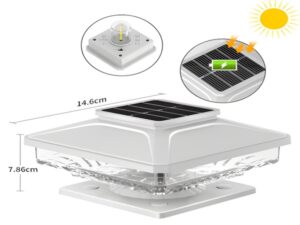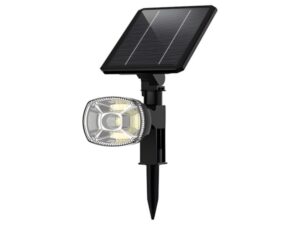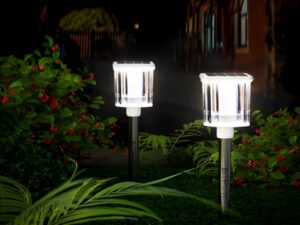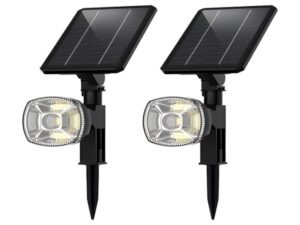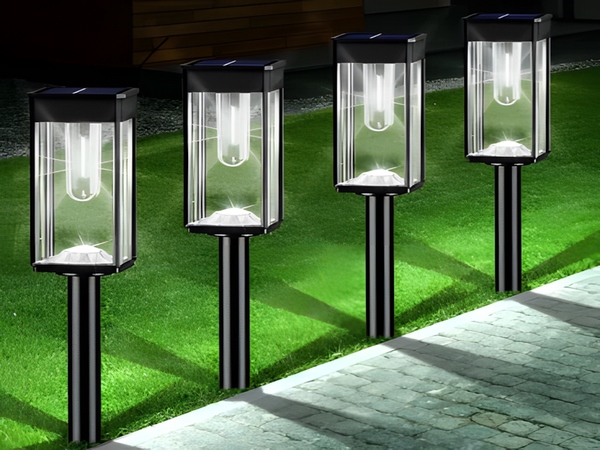
The socio-economic development is accompanied by the depletion of various conventional resources, and the resources on Earth are being consumed at an accelerated pace. To reduce resource depletion and promote energy-saving and emission-reduction efforts, the reasonable application of solar streetlights has a significant impact on urban economic construction, and plays a crucial role in the development of energy conservation and environmental protection. The widespread popularity of solar streetlights can be attributed to their significant meaning and value.
1. Safety, Durability, and Economic Efficiency
It is well-known that solar streetlights do not require external power for operation, eliminating the need for laying cables and wires during installation, which greatly reduces construction costs and simplifies maintenance. Solar streetlights offer a safe usage advantage, meeting high-tech durability standards, with a typical lifespan of over 15 years or more, showcasing strong economic benefits.
2. Compliance with Green Environmental Concepts
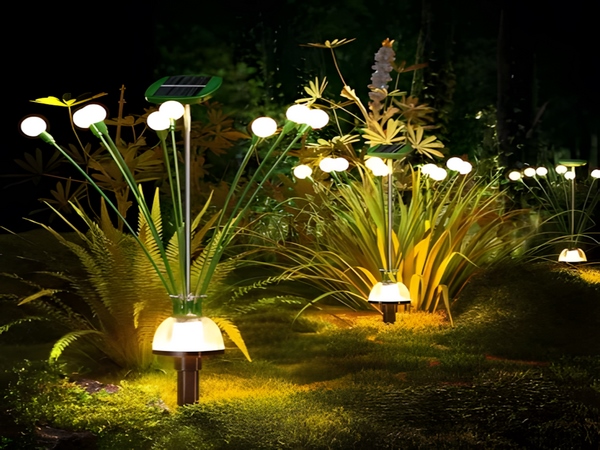
Solar streetlights can broadly replace conventional streetlights because they overcome the limitations of traditional lighting systems, achieving real advantages in terms of green, safe, and environmentally-friendly use. Solar streetlights produce no pollution during operation, causing no harm to the atmospheric environment, and there is no concern about radiation damage to the human body. They align with modern concepts of green and environmentally-friendly living and work environments, significantly reducing natural depletion and helping to protect Earth’s resources.

In summary, solar streetlights demonstrate numerous advantages and benefits in their operation, meeting the lighting requirements of various urban environments and ensuring normal functioning at night. At the same time, they substantially reduce resource consumption, thus achieving energy-saving and emission-reduction standards, which serve as an essential driving force for urban economic and civil development.
